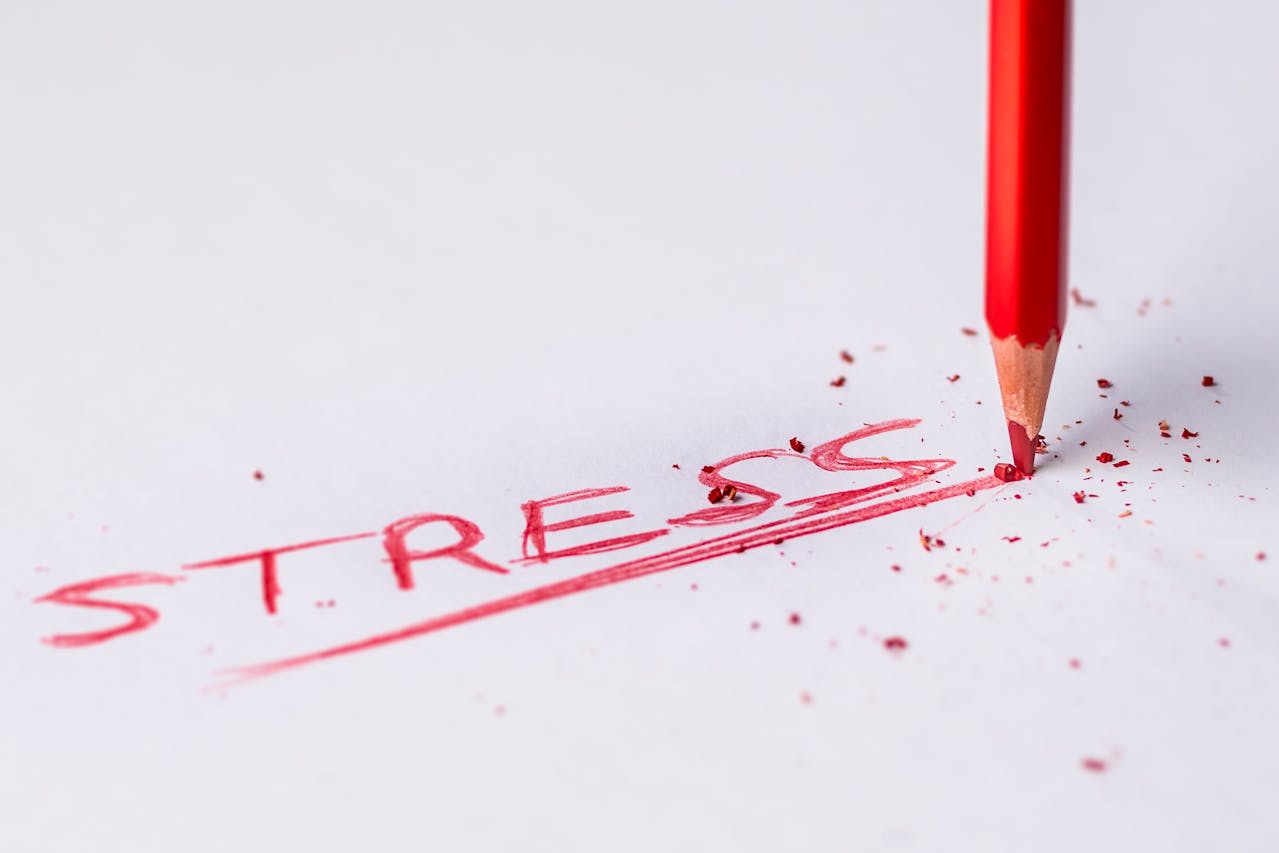A Guide For Stress Awareness Month
Navigating Stress: A Guide for Stress Awareness Month
April marks Stress Awareness Month, a time dedicated to shedding light on the silent but significant impact stress has on our lives. Stress is a universal experience, yet its effects often go unnoticed or unaddressed until they manifest in physical or mental health issues. In this blog post, we’ll explore the origins of Stress Awareness Month. We will delve into how stress affects every aspect of our lives, recognize the signs of stress, and offer practical strategies to manage and alleviate it.
The Origins of Stress Awareness Month
Stress Awareness Month originated in the United States in 1992, initiated by the Health Resource Network (HRN). Its purpose was to increase public awareness about the causes and cures for our modern stress epidemic. Since then, Stress Awareness Month has gained recognition worldwide, with organizations, healthcare professionals, and individuals joining together to address the pervasive issue of stress.
Stress: The Silent Intruder
Stress is more than just a feeling of being overwhelmed; it’s a complex physiological response to challenging situations. Whether it’s work deadlines, financial pressures, relationship conflicts, or health concerns, stress can infiltrate every aspect of our lives. Its effects extend far beyond mere discomfort, impacting our physical health, emotional well-being, cognitive function, and interpersonal relationships.

Recognizing the Signs
Recognizing the signs of stress is crucial for early intervention and prevention of its negative consequences. Symptoms of stress can manifest differently for each individual but may include:
- Persistent headaches or migraines
- Muscle tension and pain
- Digestive issues
- Changes in appetite and sleep patterns
- Irritability or mood swings
- Difficulty concentrating or making decisions
- Increased anxiety or depression
- Social withdrawal
Strategies for Stress Management
While stress may be inevitable, its effects can be mitigated through proactive management strategies. Here are some effective techniques to help alleviate stress:
Mindfulness and Meditation: Engage in mindfulness practices such as meditation, deep breathing exercises, or yoga to calm the mind and reduce stress levels.
Regular Exercise: releases endorphins, the body’s natural stress reducers. Incorporate regular exercise into your routine to boost your mood and resilience to stress.
Healthy Lifestyle Choices: Prioritize a balanced diet, adequate sleep, and limit alcohol and caffeine intake to support your body’s ability to cope with stress.
Time Management: Break tasks into manageable chunks, prioritize essential activities, and delegate when necessary to prevent feeling overwhelmed.
Social Support: Lean on friends, family, or support groups for emotional support and encouragement during challenging times.
Set Boundaries: Learn to say no to additional commitments when your plate is already full. Establishing boundaries is essential for protecting your mental and emotional well-being.
Seek Professional Help: If stress becomes overwhelming or begins to interfere significantly with your daily life, don’t hesitate to seek support from a therapist or counselor.
Stress is an inevitable part of life, but it doesn’t have to control us. By increasing awareness, recognizing the signs, and implementing effective stress management strategies, we can regain control over our lives and cultivate resilience in the face of adversity. This Stress Awareness Month, let’s prioritize our mental and emotional well-being and support one another in navigating life’s challenges with grace and resilience.





